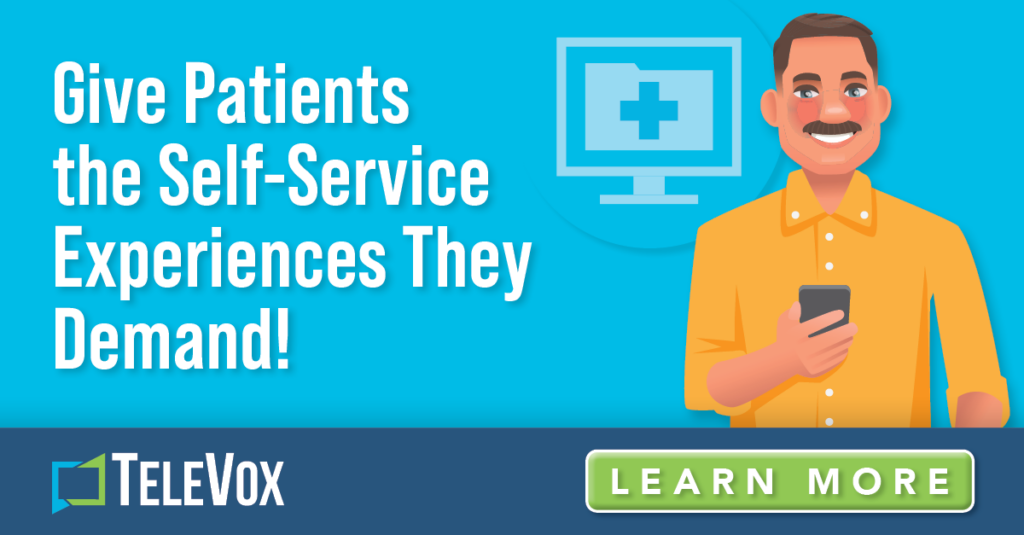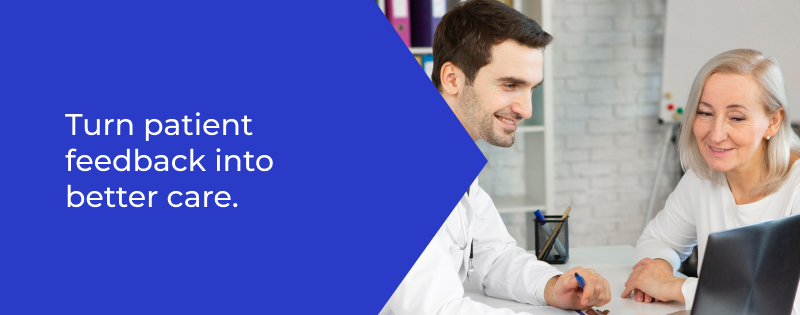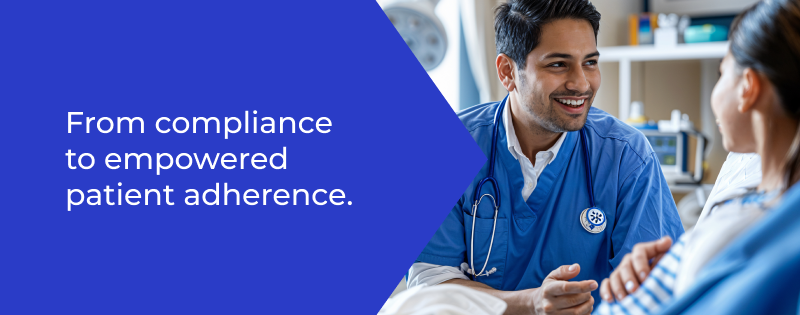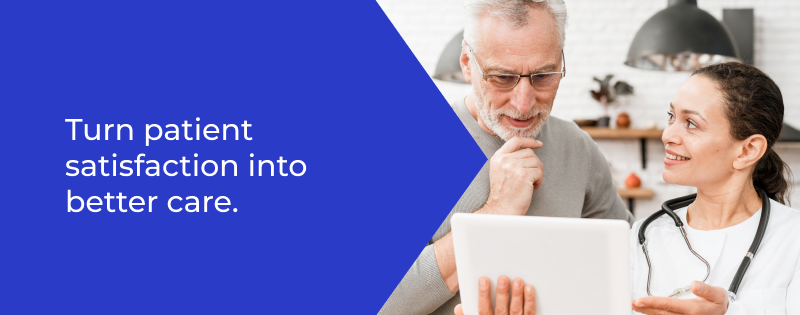Surveys are helpful, but they often hide underlying issues. Someone who was able to book…

How Enabling a Self-Service Experience for Patients Can Lead to Better Patient Outcomes
By: Amber Hull, Marketing Manager
Convenience is no longer a luxury—it’s an expectation. This trend extends into healthcare, where patients desire the same control over their healthcare journey as they have over their consumer experiences. From self-service appointment management and scheduling to easy prescription refills and on-demand access to information, the healthcare sector is undergoing a transformation that not only improves patient satisfaction but also enhances health outcomes.
The benefits of self-service tools go far beyond convenience—they empower patients, encourage engagement, and promote adherence to treatment plans. Here’s a closer look at how these tools improve patient outcomes, backed by research from credible sources.
Self-Service Appointment Management and Scheduling
Scheduling healthcare appointments has traditionally been a frustrating and time-consuming task. In fact, one study published in Accenture found that the average time spent on the phone scheduling an appointment was over eight minutes. This can lead to missed or delayed appointments (and even avoiding appointments altogether), which are detrimental to patient outcomes. Missed appointments in the United States cost the healthcare system billions each year and contribute to poor health outcomes due to delayed care.
Self-service appointment management allows patients to conveniently schedule, modify, and cancel appointments via SMS or web bots, making the process significantly more efficient and flexible. Research has shown that when patients have more control over their scheduling, they are more likely to attend their appointments. One study found that offering online scheduling decreased no-show rates from 25% to 11%, ensuring that patients receive timely care.
By reducing barriers to appointment management, healthcare providers can improve patient access to necessary treatments, which translates into better overall health outcomes.
Self-Service Prescription Refills
Medication nonadherence is a significant issue that affects millions of patients globally. According to an article published in The U.S. Pharmacist, nonadherence is responsible for nearly 50% of treatment failures and approximately 125,000 deaths annually in the United States alone. The reasons for nonadherence are varied, but one common cause is the complexity of refilling prescriptions.
Self-service prescription refill tools simplify this process, enabling patients to request refills through mobile apps, online platforms, or automated phone systems. Studies show that these tools lead to increased medication adherence. For example, a study published in The American Journal of Managed Care found that patients using an automated refill system were far more likely to adhere to their medication regimen compared to those using traditional methods.
By making the refill process easier and more accessible, patients are more likely to take their medications as prescribed, reducing the risk of complications, hospitalizations, and worsening health conditions. This, in turn, improves long-term patient outcomes and reduces the strain on healthcare resources.
Self-Service Access to Information
Patients are often overwhelmed by the volume of information they need to manage their health effectively. Traditionally, accessing this information required calling healthcare providers and waiting for a response—an inefficient process that can delay critical decision-making. Research has shown that delayed access to health information can lead to anxiety, confusion, and poor health outcomes.
Self-service access to health information—whether through AI-powered chatbots, or patient portals—gives patients immediate access to the information they need. A study published by the National Institute of Health pointed out that patient empowerment through technology-enabled care was linked to a patient’s participation in decision-making, achieving control, and learning about their health.
Easy access to information via convenient channels such as SMS and web chat encourages patients to become more proactive in managing their health, leading to better adherence to treatment plans and improved clinical outcomes. It also reduces the number of routine inquiries that healthcare staff must handle, allowing providers to focus on delivering high-quality care.
Conclusion: Better Health Outcomes Can Be Achieved with Self-Service Technology
As the demand for a consumer-like healthcare experience grows, the need for self-service tools that engage and empower patients is becoming more evident. Patients want the ability to schedule their appointments, refill prescriptions, and access health information at their convenience, and research shows that these tools contribute directly to better patient outcomes.
TeleVox is at the forefront of this transformation, offering a comprehensive patient relationship management (PRM) platform that enables healthcare providers to deliver a seamless self-service experience. From AI-powered appointment scheduling to automated prescription refills and on-demand access to health information, TeleVox empowers patients to take charge of their healthcare journey.
Check out this eBook to discover more about how self-service healthcare experiences are revolutionizing the industry and see how TeleVox is able to empower patients throughout their healthcare journey!




